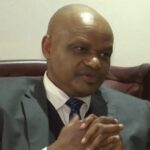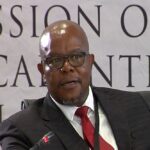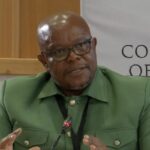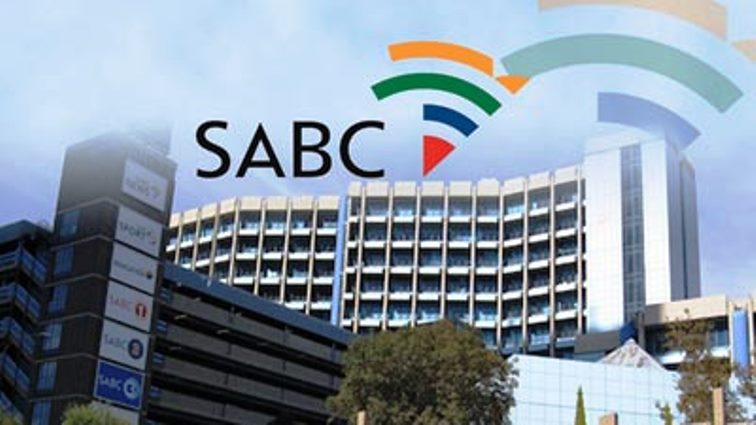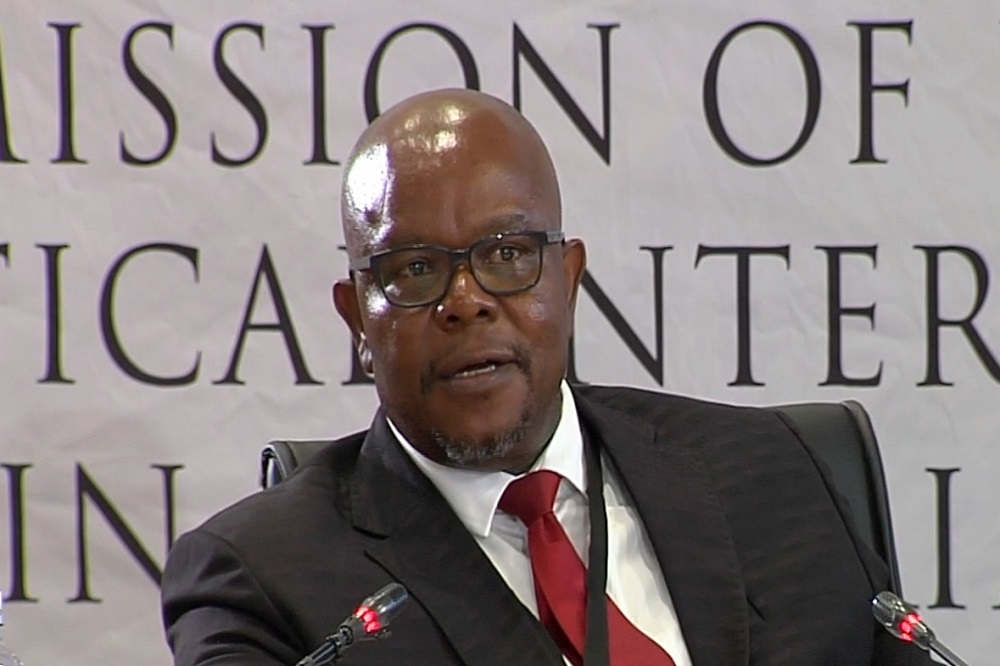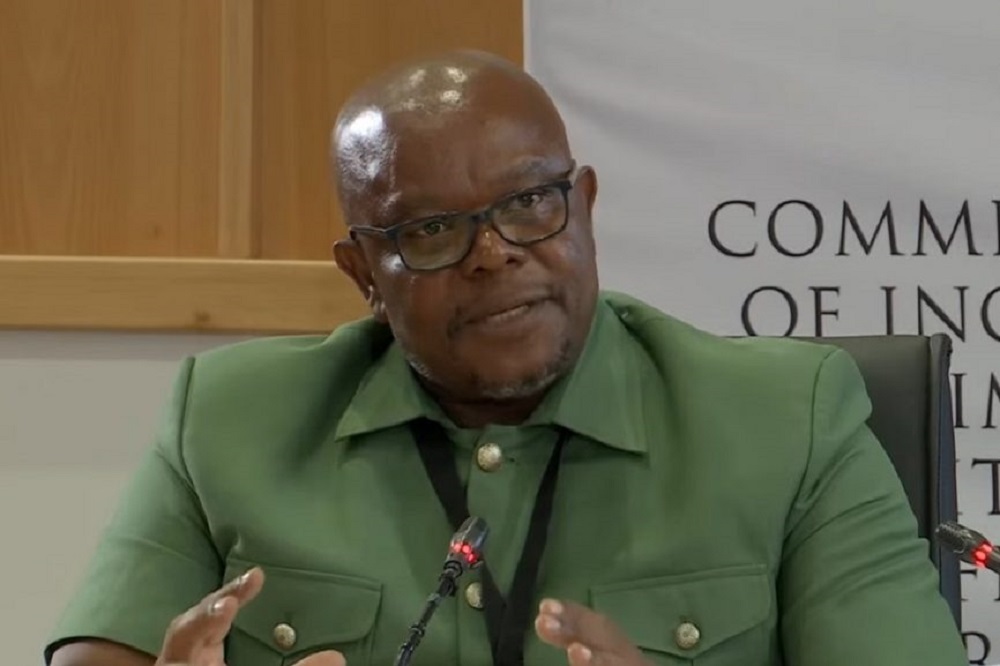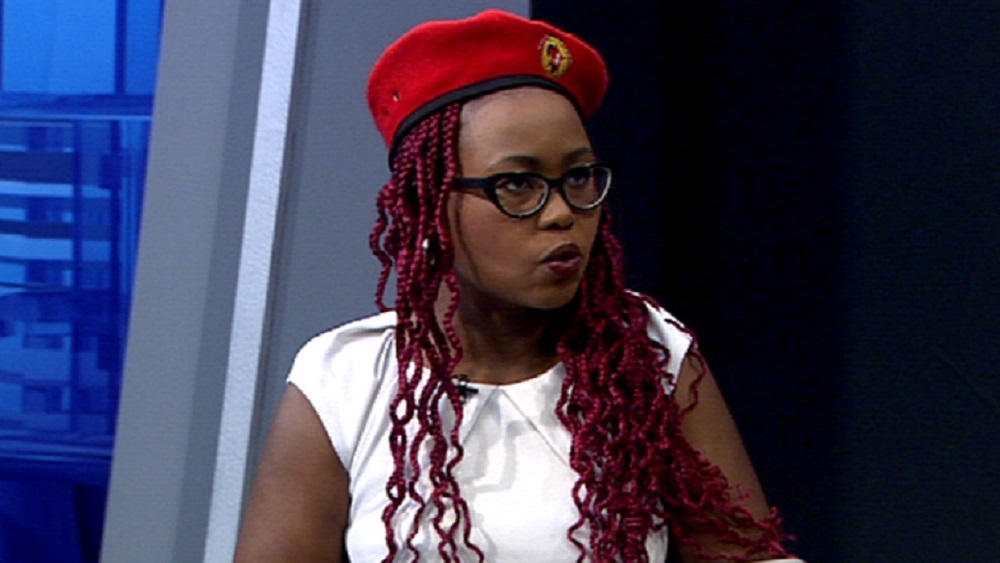-
SABC building in Auckland Park, Johannesburg.
“His master’s voice” – a phrase that once upon a time was used frequently when referring to the South African Broadcasting Corporation (SABC). The reference meaning, that the SABC Board – and inevitably the newsroom – pandered to the government of the day.
And this was not limited to the pre-1994 era. It took former employees, Parliament, and civil society to intervene to turn the ship around and to change the sentiment.
In recent history, the operations of the SABC Board have been open to more scrutiny and transparency.
Some argue that controversy often follows where there is an SABC Board. The organ responsible for making sure that the public broadcaster doesn’t stray from its mandate has had some challenges after 2012.
SABC 75 | The SABC’s journey from State mouthpiece to public broadcaster
But by 2016, things got to the point where Parliament decided to set up an ad hoc committee to look into the fitness of the board at the time.
This decision followed public concerns about lapses in governance and management within the SABC.
Former Chairperson of Ad hoc Committee on the SABC Inquiry, Vincent Smith says, “First thing, we hope SABC returns to former glory, also hope product of our work would inform interim board and eventually the permanent board into priority areas that need to be focused on so SABC can do what is expected. Finally, we hope the oversight of parliament begins to do what we are expected to do as parliament. At the end of the day, it’s about the integrity of parliament, it’s about the effectiveness and efficiency of the SABC … and think it’s about making sure we deploy or employ people to boards of soes that are truly competent to do what they are supposed to do.”
After the permanent board was appointed following the inquiry, it was relatively smooth sailing at the Board level.
But by 2023, the public broadcaster found itself without a board for nearly six months.
Until the current board, headed by Khathutshelo Ramukumba, was appointed.
President Cyril Ramaphosa’s hand was forced by litigation from civil society groups to announce the names of the 12 successful candidates.
Corruption Watch’s Nkululeko Conco explains, “While the SABC appointment process marks significant progress from the apartheid era state broadcaster model, real transformation requires deeper structural changes. There remains a degree of political influence, process delays, and limited public participation in the current model. The SABC can better serve the public when its leadership is selected through truly transparent, independent, merit-based processes that prioritise the requisite expertise. This requires clear appointment criteria, meaningful citizen participation in appointment and governance oversight mechanisms and special protection from political influence. This includes or that would include a greater degree of financial independence.”
Which brings us to how the board is appointed.
Parliament’s Communications and Digital Technologies portfolio committee calls for nominations or applications.
The shortlisting and interviewing process is done openly and transparently in the committee, with members of the public being able to comment on candidates.
After deliberation, the committee takes the names to the National Assembly, which ultimately recommends the individuals to the President.
But how much has the process around the appointment of the SABC board changed?
A Civil society group has emphasised the importance of public participation.
SOS Coalition’s Uyanda Siyotula adds, “Public involvement, in fact, at the SABC as a public broadcaster is important, and it should not only be restricted to Board appointments. More needs to be done by the SABC to engage the public more in content and news and programming and, you know, any ways that are possible to ensure that, you know, the SABC, you know, is accountable to the public because, you know, when there are public participation mechanisms, you know, there is a way for the public to enforce accountability, to enforce transparency, you know, at the SABC.”


